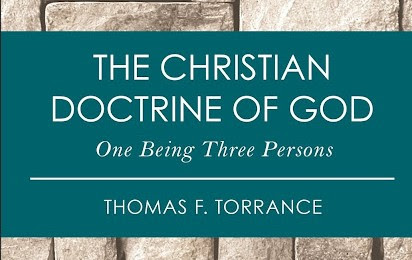Enslaved to God: The Logic of Conversion (preaching resource for 7/2/23, 5th Sunday after Pentecost)

This post exegetes Romans 6:15-23, providing context for the RCL Epistles reading for 7/2/23. It draws on John Stott’s "The Message of Romans," and "The Expositor’s Bible Commentary." "The Slave Market" by Boulanger (public domain via Wikimedia Commons) Introduction In Romans Chapter 6 Paul addresses the accusation that his teaching concerning grace promotes sin. His response in the first half of the chapter is to discuss the logic of baptism , showing that grace both justifies and sanctifies—leading believers to both die to sin in Christ and to live to righteousness in Christ. In the second half of the chapter Paul makes the same point by discussing the logic of conversion , using the metaphor of slavery to show that grace delivers believers from ‘slavery to sin’ (leading to death) and makes them willingly ‘slaves of God’ (leading to righteousness and life). Romans 6:15 . Paul begins this discussion of slavery by asking, *Shall we sin because we are no




